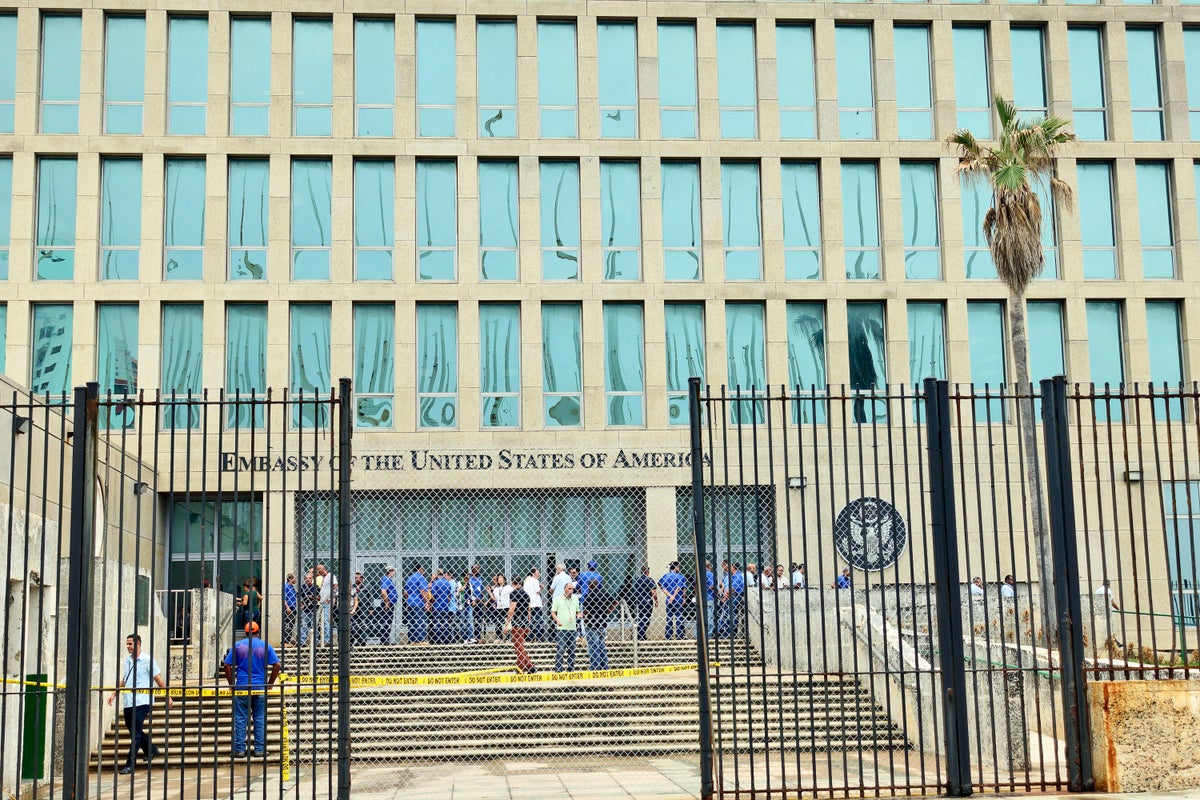Leibniz and the Ethics of Probability
Leibniz’s account of probability has come into better focus over the past decades.1 However, less attention has been paid to a certain domain of application of Leibniz’s account, that is, its application to the moral domain–the sphere of action, choice and practice. This is significant, as Leibniz had things to say about applying probability theory to the moral domain, and thought the matter quite relevant. Leibniz’s work in this area is conducted at a high level of abstraction. It establishes a proof of concept, rather than concrete guidelines for how to apply calculations to specific cases. Still, this abstract material does allow us to begin to construct a framework for thinking about Leibniz’s approach to the ethical side of probability.
Here I will begin by outlining the prominent but contested view of moral probabilism that was available in the sixteenth and seventeenth centuries, as well as Leibniz’s objections to it. Then I will outline Leibniz’s views on how concerns about probability apply to the moral domain. Drawing on the correspondence between Leibniz and the mathematician Jakob Bernoulli (1655–1705), I will also highlight two limits to the former’s view of the application of probability to moral affairs. I conclude that Leibniz enthusiastically supported the expansive use of a ‘logic of chance’, but also saw certain limitations. Let me begin by providing a historical backdrop to Leibniz’s discussion of probability, by laying out an approach that he rejected, namely scholastic moral probabilism.

















